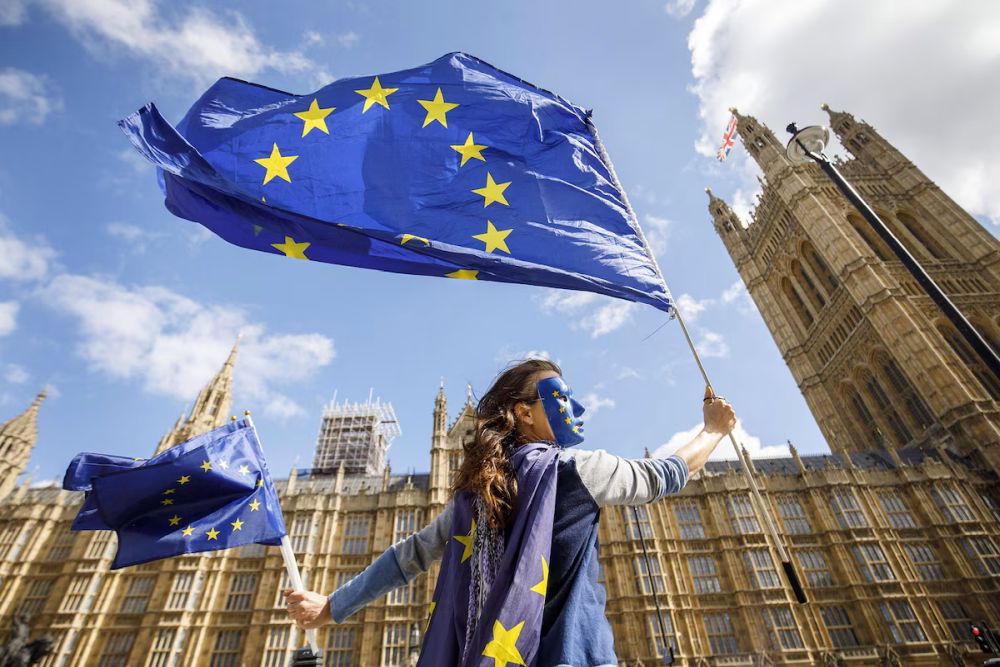The European Union has escalated its conflict with Elon Musk’s social media platform X, formally charging the company with breaching online content rules and deceiving users through its blue checkmark system. The European Commission’s preliminary findings indicate that X’s practices, particularly its $8 per month verification system, constitute a “dark pattern” that deviates from industry norms and could mislead users about account authenticity. This shift in verification policy has ignited a heated debate about the delicate balance between monetization strategies and maintaining user trust on social media platforms.

Beyond the blue checkmark controversy, X faces accusations of significant transparency and accountability shortcomings. The platform allegedly fails to provide a comprehensive advertising repository as mandated by the Digital Services Act (DSA), impeding necessary scrutiny of its advertising practices. Furthermore, X is accused of restricting researchers’ access to data by imposing fees and prohibiting data scraping, further compromising transparency. These issues have raised concerns about X’s compliance with EU regulations and its commitment to user protection and information integrity.

The European Commission’s formal proceedings against X under the DSA mark the first such action against a tech company under this new law. If the issues are not addressed, X could face fines of up to 6% of its global revenue. This regulatory action has sparked a public dispute between Elon Musk and EU officials, with Musk alleging an “illegal secret deal” offered by the Commission to avoid fines through quiet censorship. EU Commissioner Thierry Breton refuted these claims, emphasizing that no secret deals were made and inviting Musk to clarify concerns through established regulatory procedures.

The conflict between X and the EU has broader implications for the tech industry, as platforms such as Meta, TikTok, and AliExpress are also under scrutiny for potential DSA breaches. This heightened regulatory environment could reshape how social media companies operate within the EU, potentially leading to significant changes in content moderation practices and data transparency across the industry. The outcome of X’s case may set a precedent for future enforcement actions, influencing the delicate balance between innovation and compliance in the digital realm. As the investigation into X’s compliance with the DSA continues, the tech world watches closely, aware that the resolution of this dispute could have far-reaching consequences for the future of social media regulation.

